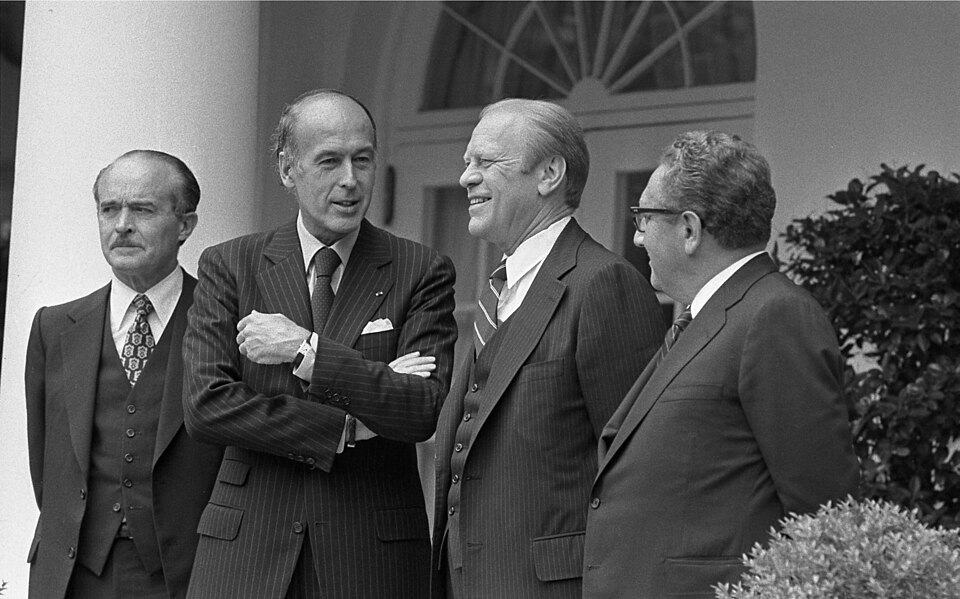Confronted with new types of conflicts, France will be unable to withdraw into itself but will have to remain in contact with a turbulent world. This certainty is the yardstick by which tomorrow’s land forces will have to be structured. They will have to be able to sustain, over a long period, standing operational commitments while retaining the capability of undertaking decisive intervention operations, and of participating in the construction of the European defence identity.
Tomorrow's land forces
Is the twenty-first century under way when it comes to strategy? The question is a reasonable one, as long as our vision of the world remains tributary to a twentieth century formed by the political model of the nation-state, to a paradigm of conflict combining the perspective of total war and hopes of permanent peace, and to a conception of military capability based purely on the capacity for destruction. There is indeed cause for the persistence of this perception. The structure of statehood, the analytical framework and the military establishments are still, today, to a large extent heirs of the Cold War, and in the absence of formal proof of their obsolescence the underlying conceptions retain a reassuring quality. This transitional period, which in France, as in most European countries, was merely heralded by the end of conscription, is nevertheless manifestly drawing to a close. In Europe, the United States, Asia, everywhere, history seems to be hesitating, and the outward and visible signs are evident. In France the age group born as the Berlin Wall fell become voters in 2007–taking on a symbolic dimension.
This turning-point, indistinctly perceived, takes on special significance in the sphere of defence, when the perception of new, rapidly changing threats contrasts with the impression of solid inertia transmitted by Western military establishments. ‘Transformation’, the theme of so much discussion, looks increasingly more like the general heading of a vast debate on the subject of tomorrow’s military apparatus rather than as the basic theme of today’s reform programme. In fact, all adaptations of military systems to new strategic input are constrained by the tyranny of the existing systems; it is paradoxically true that for the German Army between the two wars, the need to rebuild from nothing conferred an advantage over the allied powers with their swollen arsenals. It is apposite to point out that the approaching end of in-service life of a majority of the main equipments of our armed services–aircraft, warships and ground weapons platforms–should be regarded as a splendid opportunity for a comprehensive debate on the subject of capabilities that the recent decree on the responsibilities of the service Chiefs of Staff authorises.
Within this necessarily inter-service framework, the question of ground forces is fundamental, inasmuch as they are always in the frontline of historical upheavals. Close study is required, otherwise the military hierarchy will find itself accused, quite rightly, of not having provided France with the Army it needs, as was so often the case in the past. A study of the Army of tomorrow can obviously not be made without taking into consideration the wider geopolitical environment in which its operations will take place.
Il reste 88 % de l'article à lire




_astronaut_Sophie_Adenot_(jsc2025e058846_alt).jpg)



